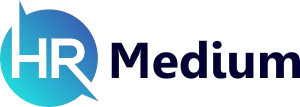Onboarding can be a challenging experience for newcomers. New job, new colleagues, new location, and new interactions. But it can even more troubling for HR personnel if not managed properly.
Luckily, HRMS can improve onboarding and streamline the process for the benefit of the new employee and HR.
Also Read: How to Turn New Hires into Engaged Team Members
Discover how effective use of HRMS can improve onboarding.
While normal onboarding can still be managed by manual methods, an HRMS can significantly optimize the entire process.
Developing a proper understanding of how an HRMS can improve onboarding is crucial before investing.
Manages Documents More Efficiently
An HRMS can be used to create digital versions of all important personal and company documents. This can help reduce the amount of paperwork making it easier to manage and streamline the onboarding process.
Additionally, all important deadlines become automated reminders so that all required files are submitted/approved on time.
Unifies All Information Streams
There is a lot of information that is bombarded at the new employees while joining. From company policies to salary slips to leaves and requests, all can become confusing for them.
An HRMS centralizes all information into a unified platform making it easier to access essential information.
Along with this, any training material or resource can be safely stored by the firm and accessed by the employees.
Can Customize Onboarding
No two jobs are the same, then why should their onboarding be. Each role has specific training and knowledge requirements. With an HRMS, all onboarding can be personalized.
This allows for the individual’s personal needs to be met so that the company’s needs are fulfilled.
Optimizes Communication
Communication is optimized with HRMS as there are easy-to-use messaging tools for new hires. Ensuring a steady flow of communication between new hires and their managers is critical in the early stages.
Similarly, HR must regularly be in contact with the new employee, and they probably have to conduct regular check-ins. An HRMS can enable that with ease.
Upgrades Onboarding Management
An HRMS can help a firm track all key performance metrics, retention and attrition rates, and other onboarding indicators.
So, all surveys and other feedback mechanisms can be better managed with a better view of the new employee’s experience. This can further improve future onboarding processes.
Ensures Compliance
Finally, litigation is something a firm always wishes to avoid and not maintaining proper compliance can result in that.
Fortunately, since everything is digital, there is a reduced risk of lapses of judgement. Additionally, new employees can easily be informed of and made aware of relevant compliance through automated notifications.

